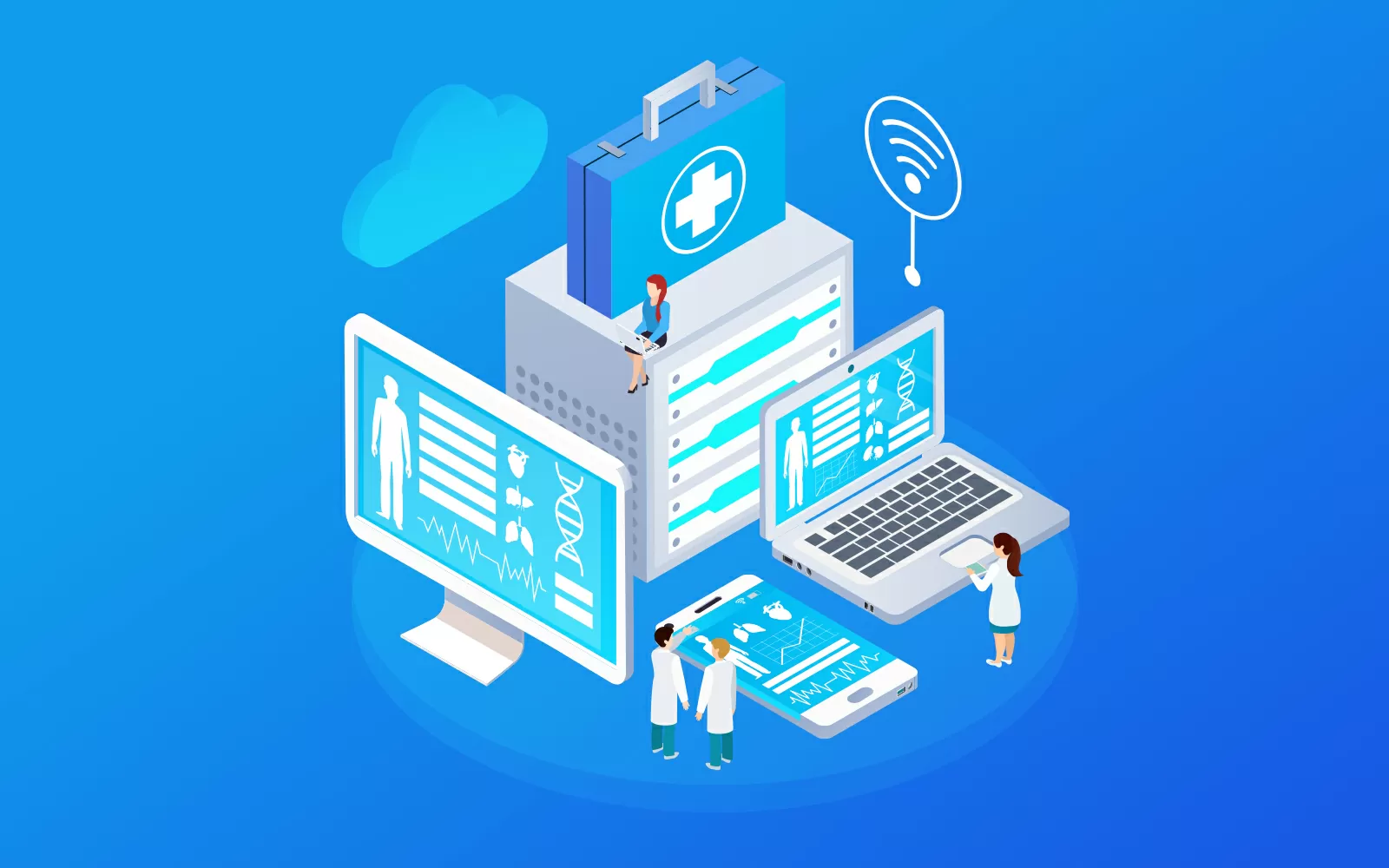Revolutionizing Healthcare: The Power of MIS

In the rapidly evolving landscape of healthcare, where patient care and administrative efficiency are paramount, the integration of technology has proven to be a game-changer. One such technological marvel is the Healthcare Management Information System (HMIS), a comprehensive solution that revolutionizes the way healthcare institutions operate, manage patient information, and deliver quality care. In this blog, we delve into the world of HMIS, exploring its benefits, functionalities, and the transformation it brings to the healthcare sector.
Introduction
The Healthcare Management Information System (HMIS) is a digital ecosystem designed to streamline, centralize, and optimize various aspects of healthcare management. It encompasses a range of software, hardware, and processes that enable healthcare organizations to effectively manage patient data, appointments, billing, medical records, resource allocation, and more. HMIS serves as the backbone of healthcare operations, enhancing patient care, reducing administrative burdens, and fostering data-driven decision-making.
Key Functionalities
- Patient Information Management: HMIS empowers healthcare providers to create, store, and manage comprehensive patient profiles. From medical history and allergies to prescriptions and lab results, all data is accessible at the touch of a button. This promotes better coordination among healthcare professionals and facilitates timely interventions.
- Appointment Scheduling: Gone are the days of long waiting times and scheduling conflicts. HMIS enables patients to book appointments online, while healthcare staff can efficiently manage appointments, reducing overcrowding and ensuring optimal resource utilization.
- Medical Records and EHR: Electronic Health Records (EHR) are at the core of HMIS. Digital medical records provide real-time access to patient histories, aiding in accurate diagnoses and treatment plans. This digitization reduces the risk of errors associated with manual record-keeping.
- Billing and Financial Management: HMIS simplifies the billing process, automating invoice generation and insurance claims. This ensures accurate billing, minimizes discrepancies, and accelerates the reimbursement process.
- Inventory and Resource Management: From medical supplies to equipment, HMIS assists in tracking inventory levels and optimizing resource allocation. This prevents shortages, reduces waste, and ensures efficient utilization of resources.
Benefits of HMIS
- Enhanced Patient Care: Access to comprehensive patient information enables healthcare providers to offer personalized care, leading to improved patient outcomes.
- Efficiency and Productivity: Automation of administrative tasks frees up healthcare staff to focus on patient care, leading to increased productivity and reduced administrative burden.
- Data-Driven Decisions: HMIS facilitates data analysis, helping healthcare administrators make informed decisions to optimize operations, resource allocation, and service delivery.
- Patient Engagement: Online portals and mobile apps connected to HMIS allow patients to access their health records, test results, and communicate with healthcare professionals conveniently.
- Improved Communication: HMIS bridges communication gaps among healthcare providers, enabling seamless sharing of information and collaboration in patient care.
Challenges and Considerations
While HMIS brings numerous benefits, its implementation is not without challenges. Data security and patient privacy must be rigorously safeguarded to comply with regulations like HIPAA. Integration with legacy systems and ensuring staff training are also critical for a successful transition to HMIS.
Conclusion
The Healthcare Management Information System is a transformative force that empowers healthcare institutions to provide efficient, high-quality care. By automating processes, centralizing information, and enabling data-driven decisions, HMIS paves the way for a future where healthcare delivery is optimized and patient well-being is at the forefront.
As the healthcare sector continues to evolve, embracing HMIS represents not only a technological upgrade but a commitment to delivering excellence in patient care, resource management, and operational efficiency. The journey towards a digital healthcare future begins with the adoption of Healthcare Management Information Systems.
Sources:
ACM Digital Library: https://dl.acm.org/
IEEE Xplore: https://ieeexplore.ieee.org/Xplore/home.jsp
PubMed: https://pubmed.ncbi.nlm.nih.gov/

Recent Comments